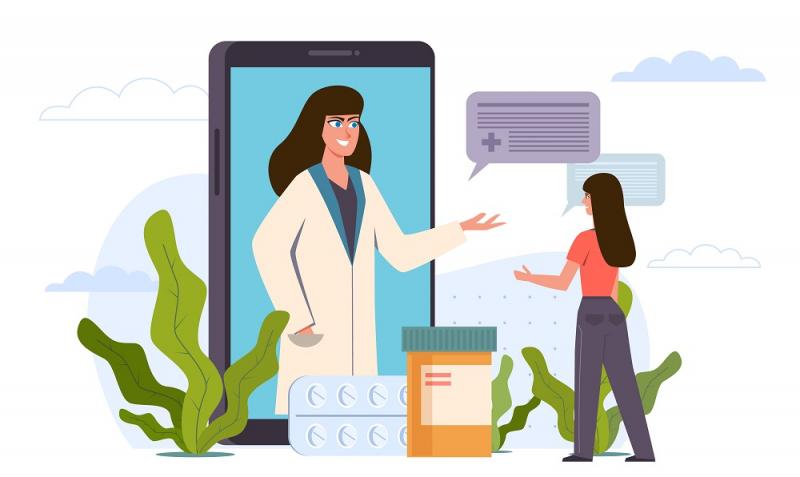
Article
Engaging With HCPs in a Post-COVID World
The COVID-19 pandemic has exacerbated what was already a big obstacle for pharma marketers: how to reach super-busy healthcare professionals (HCPs). Brands have had to shift their approaches to account for social distancing, which made success even more challenging.
Now that vaccinations have rolled out, we hope the pandemic will eventually expire. But the practice of engaging with HCPs remotely is likely to remain – we probably aren’t going back the old ways of doing business.
So let’s take a look at how times have changed and how HCPs expect brands to update their strategies.
A Shift to Virtual Meetings
According to Accenture, more than 40% of HCPs said they are restricting office visits for professional reasons with 28% planning to implement a more restrictive policy permanently.
Prior to COVID-19, 64% of meetings with pharma sales reps were held in person. During the pandemic, 65% of meetings were being held virtually. As a result, 87% of HCPs now want either all virtual or a mix of virtual and in-person meetings even after the pandemic ends.
HCPs have said that face-to-face meetings remain essential to building and maintaining trust with the industry. But they like the new remote approaches as well, as they can engage at times that are convenient for them – such as outside of clinic hours.
This shift in attitude means the past relationship-building that took place on industry terms must now move to having relationships on HCPs’ terms.
The Post-COVID Marketing Approach
As this changing demand from HCPs persists, pharma brands should rethink their engagement strategy. Some steps they can take to drive success include the following:
- Accelerate rep productivity. As the number of virtual meetings rises, sales reps can be more efficient and effective. With travel reduced and more available time for HCPs, reps have opportunities for more interactions and increased discussion time. Plus, reps have more time to research their audience and improve relevancy to meet HCP needs – leading to more successful outcomes.
- Enhance customer experience through hybrid engagement. While in-person visits will continue to be important to relationship building, blending onsite visits with digital interactions will improve the HCP’s experience. A hybrid engagement model that allows for flexible visit scheduling, email discussions, and virtual meetings will help better meet HCP needs and improve overall satisfaction.
- Adjust productivity metrics. Rep productivity metrics have historically focused on the number of calls made during a workday. The COVID pandemic changed the approach, so pharma brands should update performance tracking to account for the shift. Now, brands should align their success measurements to include digital and virtual activities. Forward-thinking brands will use performance indicators that account for digital engagement and improved customer satisfaction.
- Personalize brand content for higher relevancy. HCPs have shown they want to be met on their terms, with their needs and interests fully understood. So, communicating based on an aggregate audience view will no longer suffice. Brands should find ways to be more relevant. One option could be sharing current topics in their field—for example, how to optimize telemedicine practices or managing COVID-19 infection risk for patients.
As the shifts in HCP engagement continue to evolve, don’t miss out important industry trends by staying in touch with Elsevier’s Market Intelligence website.
Download the HCP Engagement in the Aftermath Covid-19 Whitepaper
Article Written by: Alex Brown


